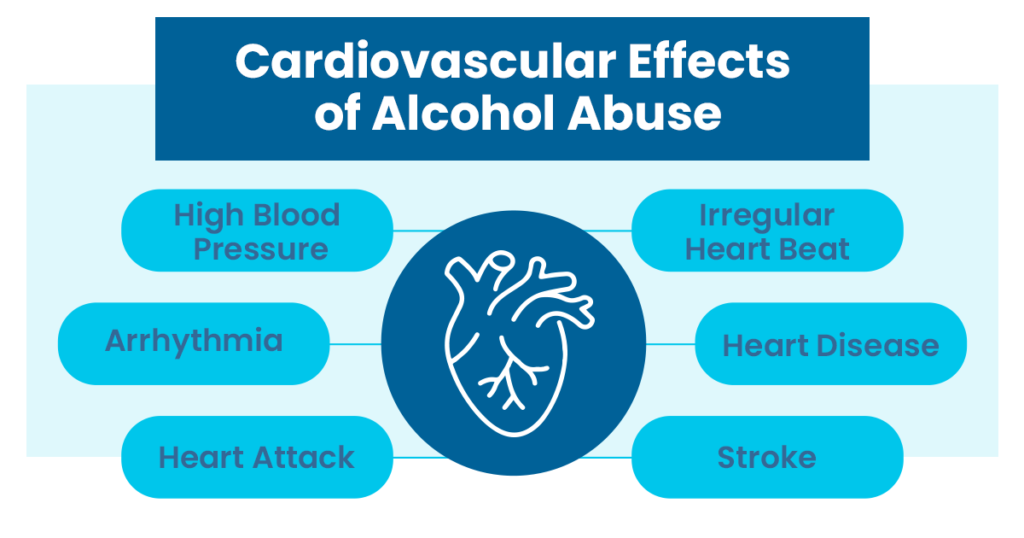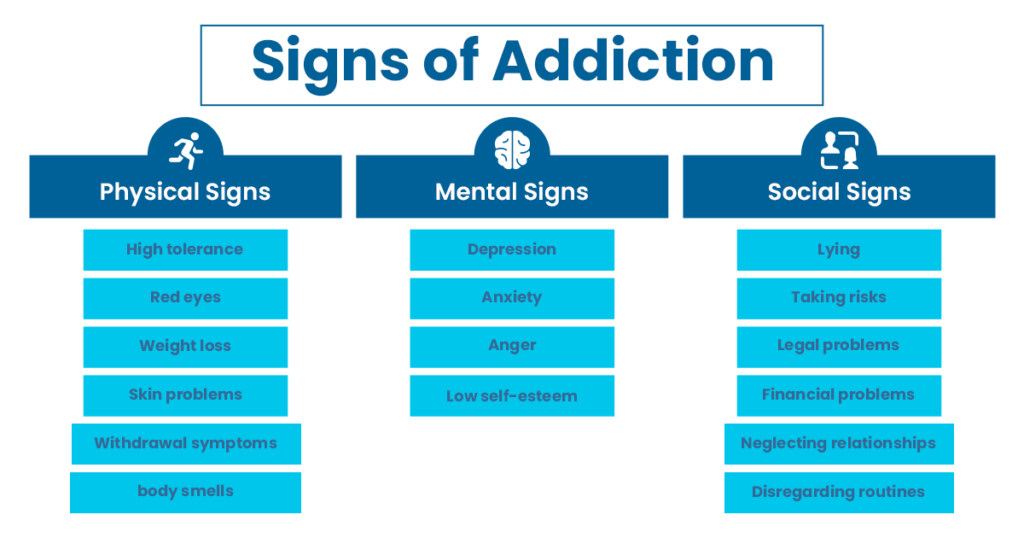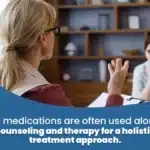
Witnessing a loved one battling a substance use disorder (SUD) may be extremely painful and taxing on your physical and mental health. Whether the addict is a spouse, parent, kid, or other family member, it is simple for their addiction to take over your life. It may pile up stress, test your tolerance, strain your finances, and leave you tormented with guilt, shame, wrath, anxiety, frustration, and grief.
You may be worried about your loved one’s whereabouts, their risk of overdose, and the damage they are causing to their health, future, and home life. Some may find themselves in debt due to supporting their living expenses, the cost of legal issues stemming from their alcohol or drug abuse, or unsuccessful rehabilitation and recovery attempts. You may also be worn out by covering for your loved one at home or work, having to bear their neglected responsibilities, or being unable to dedicate more time to other family members, friends, and interests.
However, not all alcohol and drug users become addicted, and addiction is not necessarily characterized by excessive use of an illegal substance. Therefore, it may be challenging to identify whether or not a loved one needs professional help. Furthermore, the signs and symptoms of addiction might differ from person to person. The person’s weight, lifestyle, genetics, and the substance they are addicted to can influence the signs they present. However, it is crucial to recognize the signs of addiction to help your loved one live a happy, sober life.
Signs of Addiction in Loved Ones
Below are common physical, social, and mental signs to look for if you suspect your loved one needs help.

Effects Of Addiction on Families
When a family deals with a loved one battling a drug or alcohol addiction, they tend to face intense and contradictory emotions that can significantly strain even the most vital relationships. As a result, these negative emotions may appear in undesirable ways and damage family relationships.
The following are some of the most severe effects of drug and alcohol abuse on families:
Impact on Children
According to studies, one in five children grows up with a parent who abuses drugs or alcohol. If a parent is suffering from addiction, the detrimental effects of that addiction will most likely impact the child’s development.
When a parent has an addiction, they will be too preoccupied with obtaining and consuming their substance of choice, which distract them from their responsibilities. This irresponsibility spans from failing to provide meals and keep the child clean to failing to ensure the children get an education and has a social life.
In addition, there is an association between substance abuse and an increased risk of child abuse. According to research, abused children are more likely to engage in substance use and addiction later in life. Even if the child does not develop a drug abuse problem, their emotional and mental health will be compromised by growing up in such an environment. This will affect their self-esteem, health, and social growth.
Loss of Trust
Addicts are unlikely to adhere to their commitments, which further strains their relationships. It should be noted, however, that most addicts intend to fulfill their responsibilities but are incapable of doing so because of the effects of the substances. Therefore, if they are in a relationship, their partner will be disappointed by the addict’s failure to meet their responsibilities.
Additionally, they are inclined to forget promises made to their children. If this becomes a pattern, the child may have difficulty building relationships with others because they will not know how to trust. This lack of trust often leads to failed marriages and dysfunctional children.
Increased Level of Stress
In the grips of addiction, the addict will typically abdicate all responsibilities to their partner. Therefore, the partner becomes an enabler.
Taking care of the bills, making decisions, raising the children, and cleaning up after the addict will substantially impact the other parent. This increases their likelihood of developing stress-related conditions such as high blood pressure and anxiety.
In addition, those who bottle up their stress are more prone to release their emotions all at once and erupt. This can exacerbate family members’ stress and discomfort.
Financial Issues
Financing a drug or alcohol addiction is not cheap. Additionally, the individual is likely to lose their job due to poor performance or attendance due to substance addiction. After that, they will use their savings to satisfy their addiction.
As a result, the family will have trouble paying for necessities such as food, clothing, utilities, rent, and mortgage. There may also be legal problems, such as driving under the influence or drug possession. The associated costs exacerbate the financial difficulty.
As a means of appeasement, enablers may even provide money for alcohol or drugs to the addict. This depletes their financial resources and leads them to believe that their family will always be there to pay for their fix.
Physical and Emotional Abuse
In addition to making the alcohol and drug addict irrational, substance abuse will likely put others around them on edge. This implies that ordinary arguments can escalate into significant conflicts because everyone feels misunderstood.
With everyone acting out of character, physical violence may begin in addition to the emotional abuse that has already occurred. Addicts can be perpetrators of abuse, but their fragility also makes them susceptible to becoming victims.
Common Roles in Addicted Households
The Addict
The addict is the family’s focal point. Consciously or unconsciously, family members spend more time and energy dealing with the addict by assisting, enabling, or concealing what they missed out on to maintain the status quo. As the addict’s unhealthy behavior continues, family members may take on additional responsibilities without realizing it.
The Caretaker
The caretaker, often known as the enabler, usually covers the addict’s obligations and problems to keep the rest of the family happy. The caregiver is referred to as the “martyr of the family” since they only enable the addict’s dysfunctional behavior but also shelter the addict from the harmful effects of their actions.
The Hero
Like the caregiver, the hero spends time and energy covering up the addict’s faults to maintain the “normal” look of the family. The hero will do all it takes to fix the troubled family life behind closed doors. This person is often depicted as overly responsible, independent, or even a perfectionist. However, as the “golden child/parent,” the hero may struggle to live up to their reputation and experience the pain of witnessing the addict’s suffering up close.
The Scapegoat
The scapegoat is a troubled child, and they are the opposite of the hero. By provoking negative attention through acts of disobedience or anger against other family members, the scapegoat diverts the family’s focus away from the addict’s behavior.
The Mascot
The mascot, known as the group’s comedian, often uses comedy or foolishness to reduce the addict’s tension. Mascot feels helpless in the face of the situation and seeks to avert any family discord through antics or humor.
The Lost Child
The lost kid is the quiet member of the family who goes under the radar as other family members play roles in coping with the addict. The lost kid remains out of the way, avoids all encounters, and essentially disappears.
Getting Addiction Treatment for a Loved One
Effective treatment options are available in a variety of forms. So, it is crucial to consider the possibility that may be most suited to r needs and goals of you and your loved one.
Depending on the nature of the drug or alcohol addiction, the treatment may involve psychotherapy, medication, support groups, or a mix of all these. Few treatment options include:
Community Reinforcement and Family Training (CRAFT)
CRAFT is an evidence-based approach to helping families get help for addicted loved ones. It has supplanted traditional interventions as the primary way of assisting those with addiction to obtain the necessary support, such as counseling.
Medication
The Food and Drug Administration (FDA) has authorized various medications to treat alcoholism and other substance use disorders. Examples include Vivitrol (naltrexone), Campral (acamprosate), and Suboxone (buprenorphine and naloxone).
Cognitive Behavioral Therapy (CBT)
CBT-based addiction treatment focuses on helping individuals understand how their feelings and beliefs impact their behavior. It is effective because it modifies the mental and behavioral patterns that lead to substance abuse.
Inpatient Treatment or Rehabilitation
Inpatient addiction treatment may yield the best outcomes, particularly in severe substance abuse or co-occurring disorders. Typically, rehabilitation programs span 30, 60, or 90 days. The National Institute on Drug Abuse (NIDA) advises that persons receive treatment for at least 90 days.
Support Groups
12-step and peer support groups can also be helpful during the recovery process. These groups strive to promote sobriety and may use several approaches. Some promote complete abstinence, while others emphasize moderation. Many offer in-person meetings, but there are also online support groups.
Family involvement and other social supports are also significant elements that might positively impact a patient’s recovery. Family therapy is an essential component of a successful addiction recovery plan.
Frequently Asked Questions (FAQs)
What is family-based therapy for substance abuse?
Multidimensional family therapy (MDFT) is a comprehensive family- and community-based treatment for young substance abusers and those at high risk for conduct disorder and delinquency. The objective is to encourage family competence and collaboration with other systems, such as schools and juvenile justice.
What techniques are used to treat addiction?
Behavioral therapies delivered as individual therapy, group therapy, and family therapy are among the most common kinds of modern addiction treatment.
What can families do to cope with a loved one’s addiction?
By attending a meeting and listening to other family members, feelings of loneliness and wonder may fade, and families may gain the necessary skills to deal with their specific issues. These meetings can help families who need guidance on how to deal with a loved one’s addiction.
How does addiction affect family life?
Abuse is one of the most significant ways addiction impacts the entire family. The risk increases regardless of whether the abuse is emotional, physical, or sexual. There is a higher risk that family members may face violence at the hands of an addict.
An addicted person usually strains their relationships with their family members. This results in broken families and damaged relationships. Some individuals can take so much before they decide to cut a loved one out of their lives as they are in active addiction.
Another effect of addiction on the family unit is the possibility that another family member will develop an addiction.
Children who grow up with a drug-abusing family member are more prone to experiment with substances.
Here are a few tips you can follow to help a family member who has an addiction problem:
– Educate yourself about addiction
– Get support
– Get counseling
– Seek specialty Help
– Don’t enable
– Have realistic expectations
– Take care of yourself
The Haven Can Help You Have Addiction Free Life
The Haven is a source of healing and hope for individuals, families, and communities struggling with drug and alcohol addiction. Our professional team of healthcare providers will work with you to make sure you and your family get the best treatment and care.
If you believe that your family member may be struggling with addiction, let us know what’s going on, and we’ll help you find a way to get them help. Call us at (561) 328-8627 to learn about our various treatment options, including medical detox, inpatient treatment, SMART Recovery, and many others!






